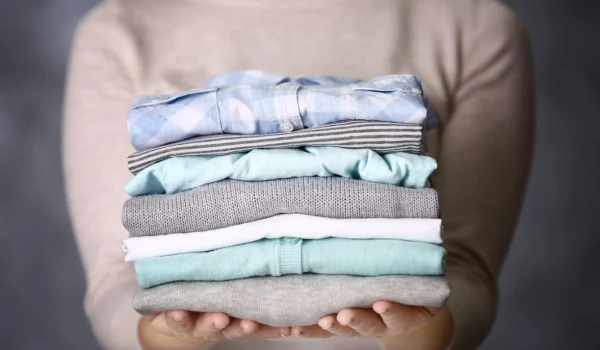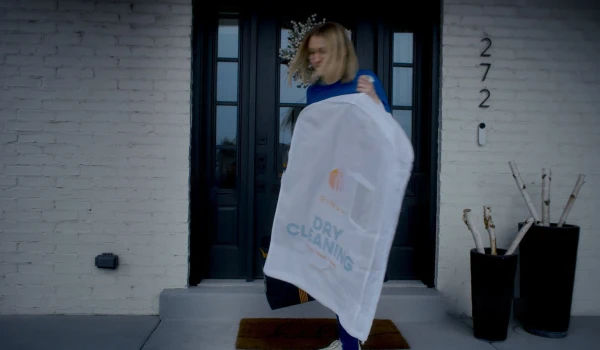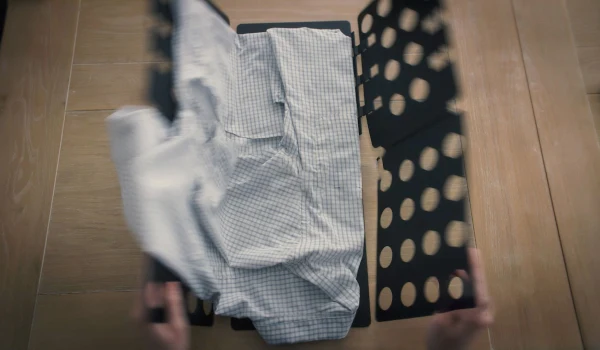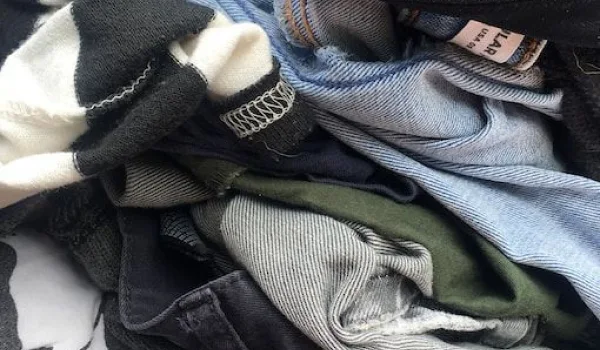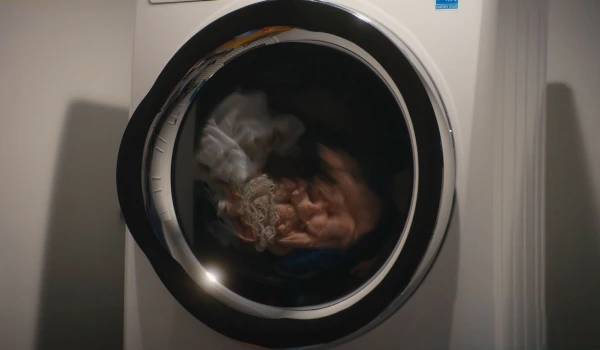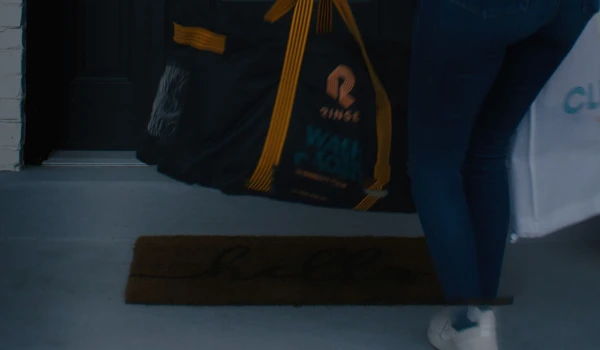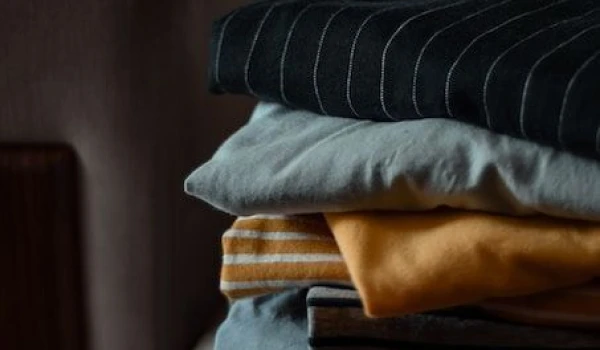Introduction
Household chores seem to be a never-ending life task that is more overwhelming than tedious. It doesn't take too long to get your home in order, but just seeing a mess and disorder can make you want to procrastinate for as long as humanly possible.
But procrastination is not the solution. Instead, if you make a well-organized chore list, you can tackle all your household tasks more effectively.
Think of it like a to-do list but for house chores. It could include your cleaning schedule, a weekly grocery run, laundry, daily vacuuming, floor scrubbing, lawn upkeep, tending to the garden, etc.
Below, we provide a chore list that you can use as a reference or inspire you to create one for yourself. Trust us on this – the more efficient you are, the more extra time you can have for yourself.
Why You Need a Household Chores List
You have a house to maintain, a toddler to look after, and a part-time job in the evening. How do you manage? Surely not with a haphazard schedule in your head that leaves you feeling overwhelmed and unmotivated.
A chore list could be just the solution. It shows you all the tasks you need to do on paper, lowering your mental burden. Instead of having to remember every house chore you need to do, you can just refer to your list.
Plus, marking off items on a to-do list is just so endorphin-boosting! The more chores you tick off, the better you feel.
The most notable benefit of a chores list is that you can delegate tasks. Now that there's a log highlighting what needs to be done, you don't have to do everything alone.
For example, you can delegate certain tasks to your partner. Then, share tasks with your children, too. Everyone can pitch in – yes, even your preschooler. Some age-appropriate chores for your little one include picking up toys, setting the table, wiping counters, and helping with laundry. It's also great parenting because you're teaching them a life skill.
A house chore list also ensures the timely completion of all tasks. You won't have laundry on your chair from two weeks ago or dishes gathering mold in the sink. If you follow the cleaning checklist, you'd have accomplished every task on the list by its respective timeline.
Finally, a chore chart reduces stress – there's less for you to worry about. You know what needs to be done and who's responsible for each task. Everything goes well this way.

The Frequency of Household Chores
You have to make your bed daily and declutter the kitchen daily. But you don't have to put away the groceries every day. Similarly, your home may need a deep clean every month, but light cleaning is an everyday chore.
So, when making a chore chart, distribute tasks by frequency. Which ones do you need to do daily? Which are done weekly or monthly? Let's look at each type individually.
List of Daily Chores
These are the household chores you need to do daily. Here's a daily chores list to consider:
-
Making the beds
-
Washing the dishes
-
Sweeping the floors
-
Taking out the trash
-
Wiping down countertops and surfaces
-
Packing school lunches
-
Meal prepping
-
Walking the dog(s)
-
Feeding the pets and providing them with fresh water
-
Decluttering living spaces
-
Checking the mail
These are just the tasks included in housework. Some tasks are personal, too. For example, if you go to college, your additional chores may be to sort your books and notes. If you have a toddler, you may be in charge of their bath time and nightly reading session.
The key to completing daily household chores is to make them a habit. If you can make them part of your routine, it'll be easier to keep up with them. For example, you can make your bed as soon as you wake up or wash dishes right after each meal.
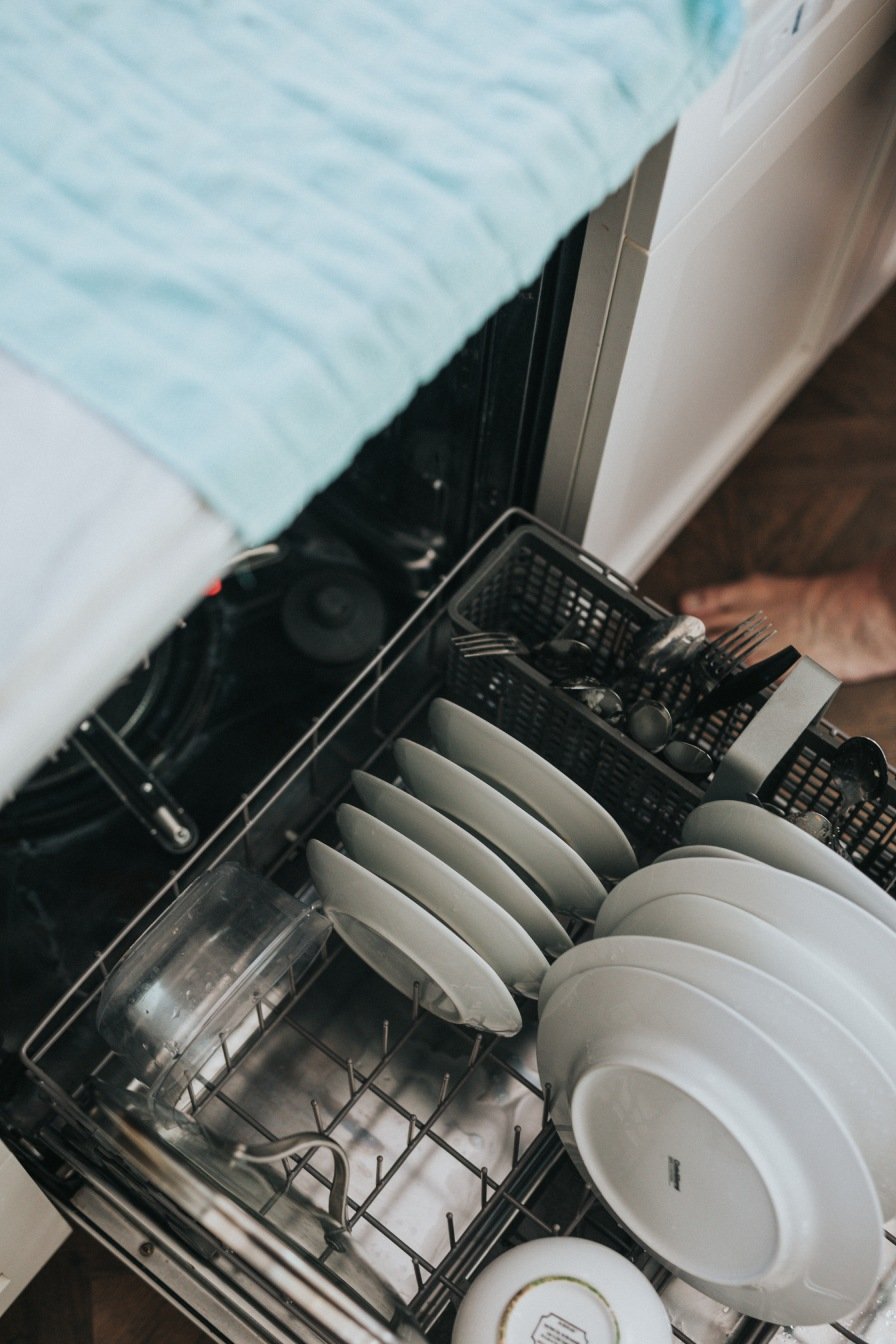
List of Weekly Chores
Here are the tasks you need to do every week:
-
Cleaning the bathroom(s)
-
Doing laundry
-
Grocery shopping
-
Watering plants
-
Mowing the lawn
-
Changing towels and bed sheets
-
Dusting window sills and shelves
-
Mopping floors
-
Spot cleaning upholstery
-
Vacuuming carpets and rugs
These chores require more time and effort compared to daily tasks. However, it's best to break them down into smaller tasks throughout the week. For example, you can do laundry on a specific day, clean the bathroom on another day, and so on.
Don't try to do all these tasks on the weekend. You won't find time to relax if you do.
Involve the whole family in weekly tasks. One person does the grocery, the other takes it out of the car, and another puts it away in the fridge and pantry.

List of Monthly Chores
The monthly chore list includes the following:
-
Deep cleaning the fridge, oven, and microwave
-
Clearing out the pantry and fridge of expired items
-
Washing mirrors, windows, and doors
-
Cleaning ceiling fans and light fixtures
-
Dusting furniture
-
Washing curtains, bedding, and pillows
-
Disinfecting and cleaning garbage bins
-
Bathing the dogs and other pets
-
Vacuuming the car
If you have a garden, you may also want to weed it out and prune plants at least once a month. You might also have to sweep the pathways around the garden, so that's another chore on your list.
Besides garden care, you should also perform vehicle maintenance every month. For instance, clean your car, both inside and outside. Change the oil if needed. Also, check tire pressure and refill any fluids as required.

Household Chores by Type
Besides frequency, you can also categorize household chores by type. Some types include deep cleaning, laundry, organization, child care, shopping, etc. People with special needs or large families may also have to do additional chores, such as administering medication or preparing meals.
Again, you can create your lists based on your needs. Here's our standard list as a reference.
Laundry Chores
These are all the chores related to laundry:
-
Sorting laundry and pretreating stains
-
Washing, drying, and folding clothes
-
Ironing garments
-
Storing clean clothes
- Keeping laundry room organized
How many and how often you do these tasks depends on how many people live in your house. Some families prefer to do one load of laundry each day, while others choose a specific day for all their laundry.
You may have additional laundry chores if you're an adventure enthusiast or if you have a baby. For example, if you camp or hike a lot, you'll have your gear and sleeping bag to wash. Parents with babies will have to wash bibs and extra baby clothes.
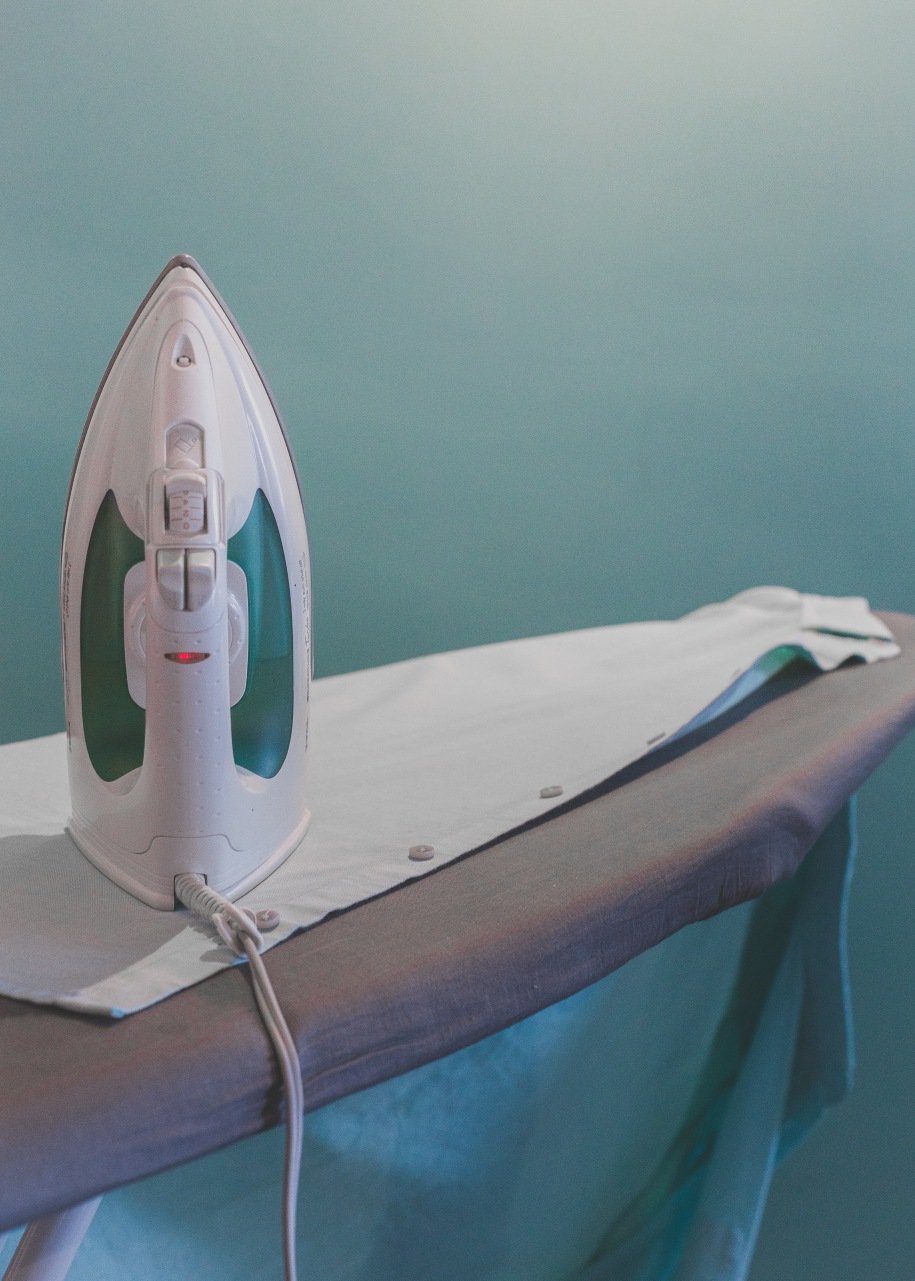
Cleaning Chores
Here are some standard cleaning chores:
-
Mopping and sweeping the floors
-
Scrubbing the toilets, sinks, bathtubs and showers
-
Dusting shelves and surfaces
-
Cleaning windows and mirrors
-
Cleaning the kitchen (countertops, stovetop, oven, microwave)
-
Taking out the trash and recycling
-
Sanitizing high-traffic surfaces like doorknobs, light switches remotes, and door handles
The cleaning chore chart should be on the fridge. Print out a new one every week or month based on your cleaning frequency. Specify things like how often to sanitize dirty surfaces, dust shelves, wipe counters, or tidy up the kitchen. Also, write the names of the people responsible for those tasks before the chore.
Or, you can create a Google Sheet and share it with your family or roommates. Make sure everyone updates their progress regularly.
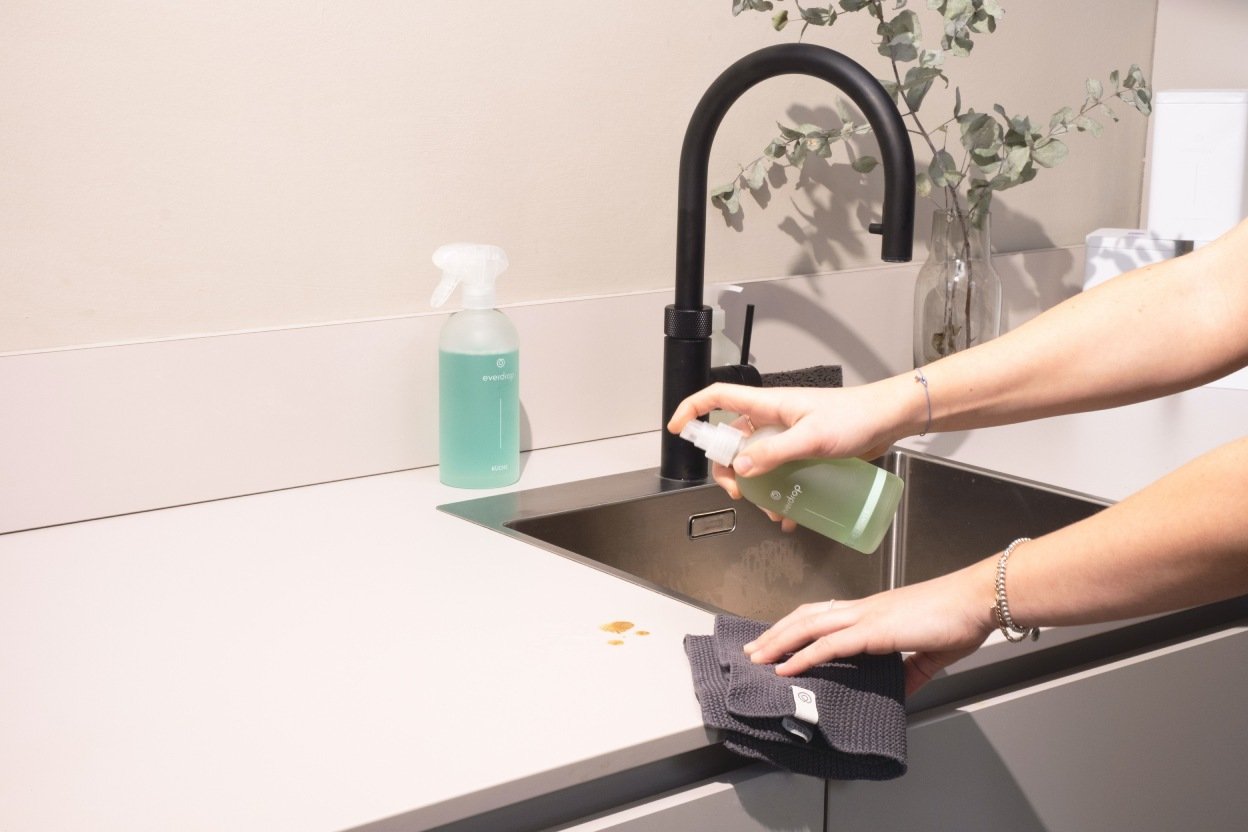
Organization Chores
These are more involved and happen less often. But then again, it all depends on your lifestyle. If you have kids or pets, you'll be organizing something pretty much every day. Similarly, if you're a neat freak, this might be your daily grind.
Some organization chores include:
-
Organizing the drawers and closets, including kitchen cabinets
-
Sorting through piles of clutter and paperwork
-
Rearranging furniture
-
Donating or selling unused items
-
Putting away seasonal clothing and decor
-
Labeling storage containers to find what you need easily
As you can see, organization chores aren't something you'd do daily. You can do them on a free weekend or during holidays when you have more time.
Depending on your lifestyle, it's best to let everyone do their own set of organization tasks. For example, if you have grown kids, they should organize their closets themselves. After all, they're the ones who have to scour through their stuff when looking for something.
Likewise, the person who cooks in the house should be responsible for organizing the kitchen cabinets and pantry. It will make their cooking process much smoother and faster if they know exactly where everything is.
Everyone should make bags of items they want to donate. Then, one person can drop them off at the donation center.
When you work together, things get done faster. It's not only unfair for one person to do everything, but it also creates chaos. Plus, the person responsible for everything will always be stressed and overwhelmed, which is a huge no-no.
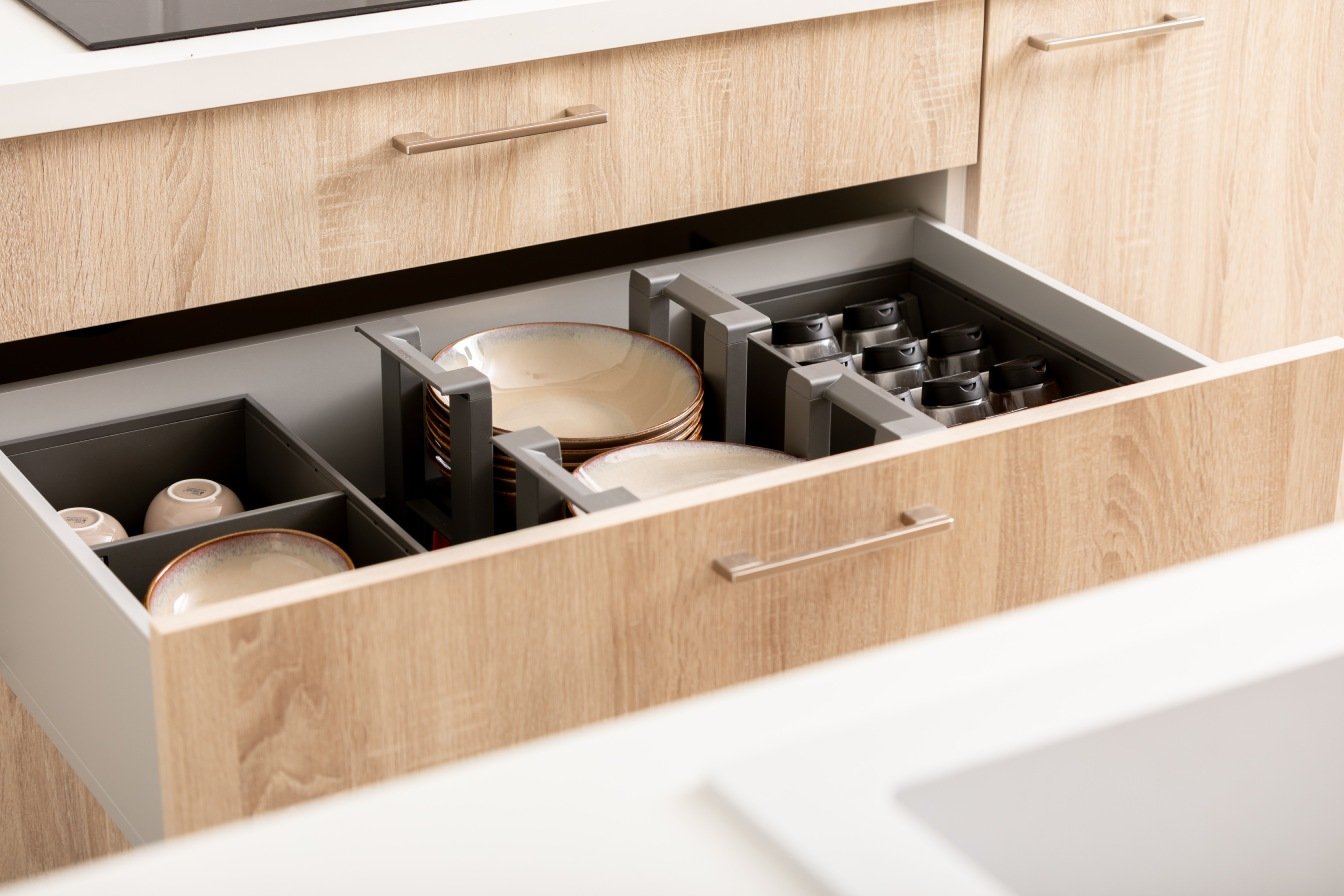
The Secret for a Clean, Organized Home
Having said all that, it's quite clear that proper organization is the key to a well-managed home. Having and following a chore list just makes things easier and more manageable. It also reduces your mental and emotional toil.
Every once in a while, it helps to outsource your chores. There's nothing wrong with taking a break or treating yourself to a cleaning service or professional organizer. For example, if you've had a long week and don't want to mop, scrub the baseboard, clean the dishwasher, or vacuum the carpet, you can hire someone to do it for you.
Similarly, when you're creating a spring cleaning checklist for your home, see if there are tasks you can outsource. For example, you can hire professional laundry services for washing bedding, curtains, seasonal clothes, towels, etc.
Rinse is a professional laundry service that picks up laundry from your doorstep and drops it there afterward. Thanks to Rinse's expertise in washing all sorts of fabrics and items, you don't have to worry about your whites getting stained or the down in your comforters getting ruined.
Contact us at Rinse today to see our skill in action.



